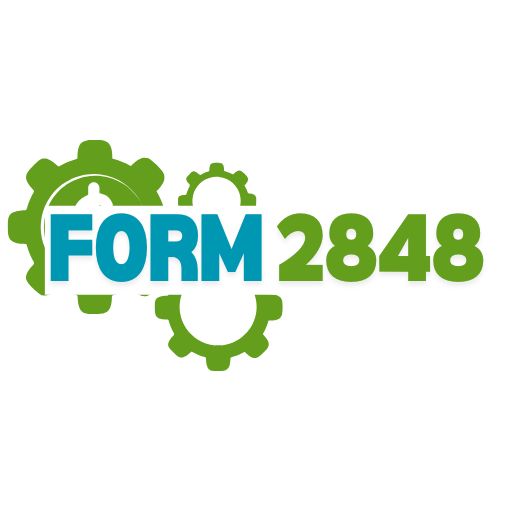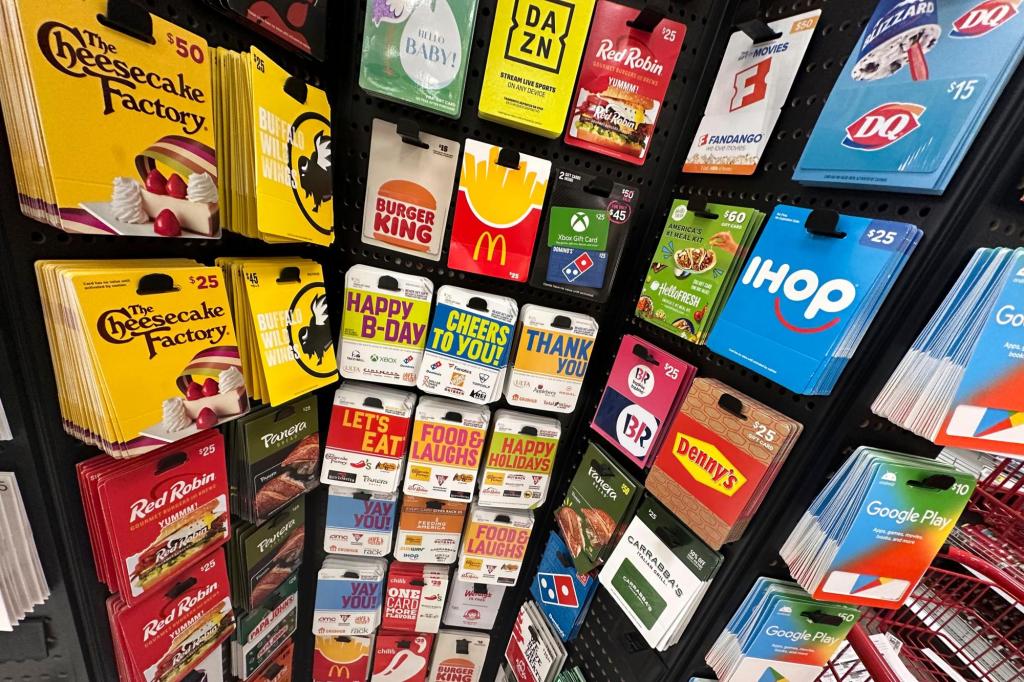Economist Elliot Eisenberg makes a yearly trek to provide the Denver Metro Association of Realtors with a forecast. On Thursday he provided a mea culpa to his audience for telling them last January to prepare for a recession that never came.
“I was wrong,” he said, noting that U.S. consumers have proven “remarkably resilient” and that he is optimistic the country can pull off something rarely seen — a sharp hike in interest rates without a downturn, also known as a “soft landing.”
He and other recession forecasters expected consumers would run out of spending steam as their pandemic savings cushion, which hit $2.1 trillion in August 2021, dwindled. That money did run out around March. But consumers, who account for about 69% of economic activity in the U.S., didn’t skip a beat.
The federal government initially underreported personal incomes, which caused forecasts to be more dire than they would have otherwise been, Eisenberg said. More important, perhaps, was a 50% increase in household net worth over the past five years because of surging home and stock prices. When people feel good about their financial position, they tend to spend more, he said.
Renters without investment portfolios didn’t see those wealth gains and lower-income households are under more financial stress. That is showing up in big jumps in credit card and auto loan delinquencies, which Eisenberg interpreted last year as a sign of trouble ahead.
But he now sees the rise in auto loan defaults as a strategic move by borrowers who overpaid for vehicles that shot up in price during pandemic shortages. In the housing crash of the mid-2000s, people defaulted on mortgages when home value could no longer cover the amount borrowed.
This cycle, they are letting go of inflated vehicles, which some borrowers obtained because federal stimulus had temporarily boosted their credit scores.
What comes next for the U.S. economy will likely be heavily influenced by the priorities that President-elect Donald Trump and his administration have set out, he said.
Easing rules on domestic oil and gas drilling will help cap future price increases, but it won’t necessarily spur enough new production to lower current prices, Eisenberg said. That’s because oil in the $70 a barrel range doesn’t create enough of an incentive for U.S. producers to accelerate drilling.
Another priority of the Trump administration is deregulation, which should give the economy a boost over time. But the key phrase is over time. Eisenberg said it will take several years to implement changes, and for firms to readjust and ramp up activity. The benefits are real, but in the future.
Extending the Tax Cuts and Jobs Act, which will expire at the end of this year, is another top priority for the incoming administration. But federal deficits are much fatter than they were in 2017 when the cuts first passed and Republican majorities in Congress are now much thinner. If deficit hawks in the party balk, it won’t take much to derail an extension, which could dampen consumer spending next year.
An average of 2.4 million immigrants a year entered the country between 2021 and 2024, the largest surge in U.S. history, according to an analysis by the Congressional Budget Office. About 60% of those who entered the country in recent years crossed the border without authorization and the Trump administration has pledged large-scale deportations to remove those individuals.
The Obama administration deported about 400,000 people a year on average and Eisenberg said removing 1 million people a year might be manageable, but that deportations could also disrupt the economy given those who came did so to work and earn an income.
Last year, the U.S. population had its biggest increase in two decades, with 86% of that gain coming from international immigration. Absent people moving here from other countries, the U.S. will face population declines, worker shortages, and higher inflation in the years ahead.
Eisenberg was also concerned about Trump’s threats to implement wide-scale tariffs on trading partners, both allies and rivals alike. They won’t get to the core problem driving U.S. trade deficits, he said — consumers spending more than they earn.
He also said using tariffs to bring back the manufacturing of low-skill and low-cost products won’t benefit the country in the long run. Americans should be focused on making airplanes instead of pencils, he said.

